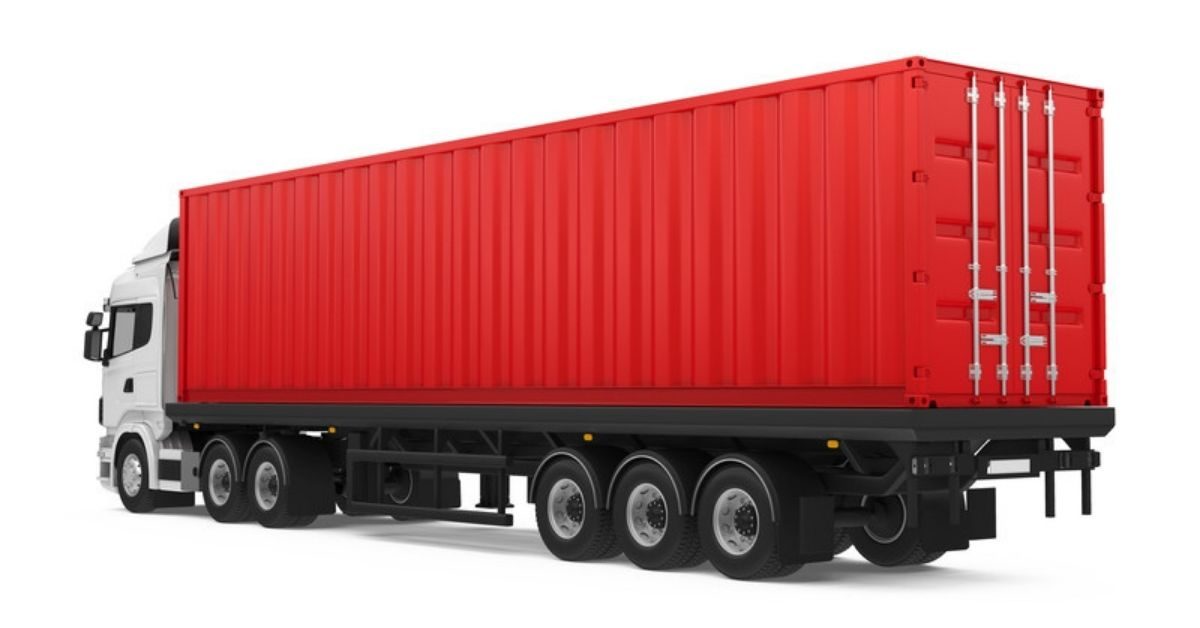NITI Aayog organised a thematic workshop on ‘Inclusive Trade for Growth & Prosperity’ which highlighted the need to enhance and widen domestic outreach, ownership and implementation of New Delhi Leader’s Declaration (NDLD) outcomes in the areas of inclusive trade for growth and prosperity, and resilient supply chains. The thematic workshop was organised as a follow up to New Delhi Leader’s Declaration (NDLD) under India’s presidency G20 Summit which emphasised on adopting strong, sustainable, balanced, and inclusive trade for growth and prosperity for all.
CEO of NITI Aayog BVR Subrahmanyam in his keynote address highlighted the need for a non-discriminatory and inclusive trading system which facilitates trade as an engine of growth and prosperity. Further, he emphasized the need for India to integrate into global value chains (GVCs) and adapt swiftly to emerging trading systems.
Dr Arvind Virmani, Member, NITI Aayog, addressed the first session titled ‘Mapping Global Value Chains’, and highlighted the need for strengthening key areas such as labour-intensive supply chains, institutional factors for policy framing and simplifying taxation system, and integrating payment, refund and export credit system especially for MSMEs. Virmani also recognised the need to address various anti-dumping issues and the need to foster FTAs with potential partners.
The session on ‘Mapping Global Value Chains’ focused on strengthening logistics for efficient supply chains, exchange rate management to enhance competitiveness, utilising strategic intervention from MNCs, provision of cumulative Rules of Origin, identification of potentially competitive segments, transparent and traceable GVCs, mapping startups and integrating industrial policy with trade policy to name a few.
The second session on ‘Promoting Inclusive Trade for Growth’ was chaired by Prof. Ramesh Chand, Member, NITI Aayog. The session highlighted the key points including – strengthening capacity and infrastructure development of LDCs; reducing non-tariff barriers; mobilizing resources for scaling up aid-for trade, particularly for MSMEs in developing and least developed countries; digital inclusion in three areas namely infrastructure, skills and data ownership; standard setting; technical advancement; transparency; and incorporating climate principles into trading systems.
The concluding session of the Workshop ‘Addressing challenges to Inclusive Trade’ was chaired by Dr Harsha Vardhana Singh, Ex DDG, WTO. He drew attention towards enhancing traditional exports of India; increasing female labour force participation in trade; state/ district level integration into the supply chain and trade (promoting districts as exports hub); facilitating integration of MSMEs in GVCs; logistics and financial support, access to information for MSMEs; climate resilient agriculture with promotion of nutri cereals and accelerating services exports; document digitalization with respect to trade; and strengthening focused skill development including reskilling and upskilling.






